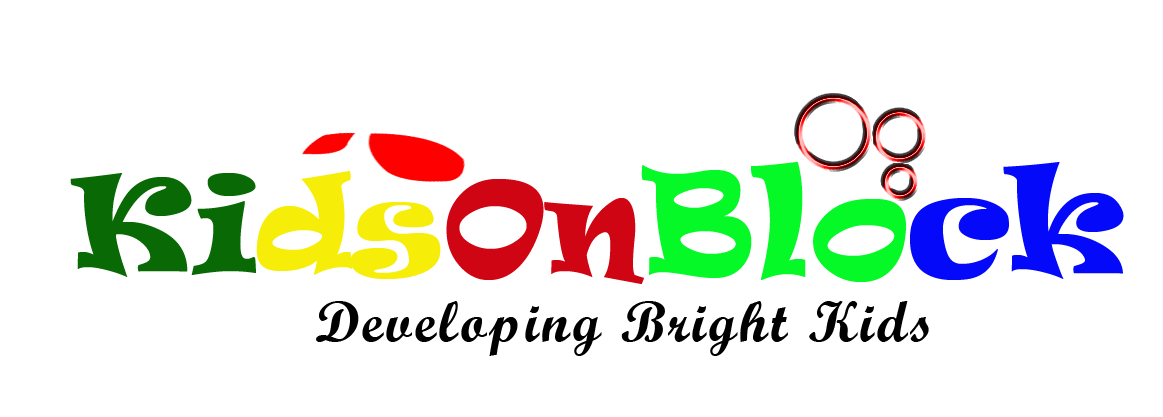What It Really Takes For Kids to Get Good Grades

If you’ve ever wondered how to get good grades, maybe something like this has gone through your mind:
I’m not good at languages or history isn’t my thing, or I’m not a math person or How to Get Good Grades.
I often hear comments like this from my clients when they’re explaining a low test score or struggling with a tricky assignment.
These comments seem logical at the moment.
But they’re not as statements like these are part of the biggest ever myths about learning.
The Myth: Students who do well at language or history or math have some natural talent. They are smart. They don’t need to wonder how to get good grades, because good grades come naturally to them. [wp_ad_camp_1]
What’s the evidence for that point of view?
When you don’t understand something right away, you feel confused. For some students, this seems like “evidence” that the problem, or the essay, is too hard.
Then you look around at other students, and they seem to know how to get good grades with minimal effort. That seems to “prove” they have some natural ability. But what’s going on?
Natural Talent
Recently, My son bought his first car. It ran well for the first dozen or so hours of driving. Then problems started to appear. The person he bought it from admitted that the car needed “a little work”. It turns out it required a lot of work.
My son could have thrown up his hands and given up. Instead, he replaced the oxygen sensor. And another oxygen sensor. And the radiator. And the clutch. And five or ten other things that he didn’t tell me.
He was probably confused when he started. Why wouldn’t he be? He’d never worked on a car before. But he didn’t stop to figure out if he had the right genes for car-fixing. He didn’t assume that just because some of his friends were good at fixing cars, that they had some natural-car-talent. He just decided to figure it out.
Confusion Helps You Learn
The idea that you should understand something new right away is a fundamental misconception. Confusion is a natural and essential part of learning. This essential part of learning seems obvious when we’re talking about cars. But for some reason, when the confusion is about French prepositions or how to get good grades, many students throw up their hands.
If you’re a French student (or a biology or history student), you should be confused! To learn something new, you need to:
- Take apart what you know (confusion).
- Add in new things (a lecture or book).
- Reassemble it in a new way (action).
Learning isn’t about being smart. It’s about taking action.
Growth vs Fixed Mindset
Students with what Carol Dweck calls a fixed mindset have beliefs that get in the way of this natural learning process. For example, they believe that: Intelligence is something you can’t change; Good athletes, musicians, or mathematicians are people who are born with talent. Smart students don’t need to study.
On the other hand, Students with a growth mindset believe: Intelligence is something you can grow and develop. Hard work and effective strategies make it possible to learn anything. Students get smart by studying strategically.
The effect of your mindset is powerful. Dweck found that students with a growth mindset do three times better than students with a fixed mindset and these are
- Students who learn to master challenging assignments show increased verbal and nonverbal IQ,
- They also show increased density of neurons in the associated parts of the brain.
- Students with a “growth mindset” are comfortable with confusion, so they learn more and faster.
Talent vs Possibility
So what about natural talent? What if you can’t write a symphony like Mozart or hit a baseball like Joe DiMaggio? Fortunately, semester finals rarely include problems like “write a symphony” or “strike out a pro baseball team.” And if you do have a passion for music or baseball or math, and you’re willing to put in the 10,000 hours it takes to master a skill, who knows how far you’ll go?
If you’d like to learn more about how mindset affects learning or how to develop a growth mindset, check out Carol Dweck’s TED Talk, “The Power of Yet” or her book: Mindset: The New Psychology of Success.
How to Get Good Grades
When you feel frustrated, it might have thoughts like ” I guess chemistry isn’t my thing,” or, “I’m not good at writing essays.” There are different ways of thinking that the key to getting good grades is a natural ability.
If you want to know how to get good grades, you might have to change your mind. The good news is that changing your mind is possible. Approach it like fixing a car: first, imagine that it’s possible. Imagine that you’ll be able to figure it out. Imagine that you don’t know yet.
Doing well in school – and in life – isn’t about being smart. It’s about believing that you can learn and taking action.
As Dweck says, “You’re in charge of your mind. You can help it grow by using it in the right way.”



